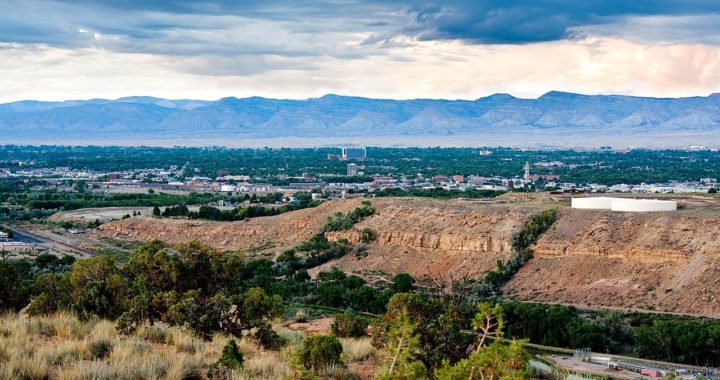In the coming weeks and months, the Bureau of Land Management (BLM) will officially move its headquarters from the nation’s Capitol, Washington, DC, to Grand Junction, Colorado. The ambitious move has drawn praise and criticism in equal measure.
‘A Victory for Communities in the West’
Longtime fan of the move Colorado Senator Cory Gardner was effusive in his praise of the decision. “The problem with Washington is too many policymakers are far removed from the people they are there to serve,” he said in a statement. “Ninety-nine percent of the land the BLM manages is west of the Mississippi River, and so should be the BLM headquarters.”
As with every other move executed by the Trump administration, the BLM’s announcement has drawn criticism, as well. Democratic officials claim the decision was a thinly-veiled ploy to move the majority of policymakers in the BLM away from the Capitol (where they are) and closer to oil and gas company operations.
Of course, there’s no secret about it. The BLM is undoubtedly moving to get closer to the oil and gas fields that it needs to govern. That’s not political bias; it’s just logical. Fortunately, the dual magic of email and video conferencing should effectively remove any concern over politicians being able to reach BLM employees.
More Than a Hundred Longterm Jobs in the West
When it comes time to move, 27 BLM employees will make the transition to the new headquarters in Grand Junction. Another fifty-eight employees will transition into an existing BLM office in nearby Lakewood, Colorado. The rest will be spread throughout the Western states to have a closer eye on the lands they manage.
“We are thrilled to death,” said Robin Brown, director of the Grand Junction Economic Partnership. “It’s a huge boost to our economy; they’re great jobs. And, again, the name recognition that will come from being BLM’s Western headquarters is huge for us.”
Not Moving, Just Cleaning Up
Though the formal announcement of a shift in headquarters sounds monumental, it’s just the official announcement of a transition begun long ago. Of the nearly 10,000 BLM employees spread across the country, only about 400 were stationed in Washington, DC as of the announcement. After the move, the BLM will only have about 60 employees left in the nation’s Capitol.
As Sen. Gardner explained, more than ninety-nine percent of the BLM’s purview is west of the Mississippi River. At that percentage, 60 employees in one city on the east coast still sounds like a lot.





